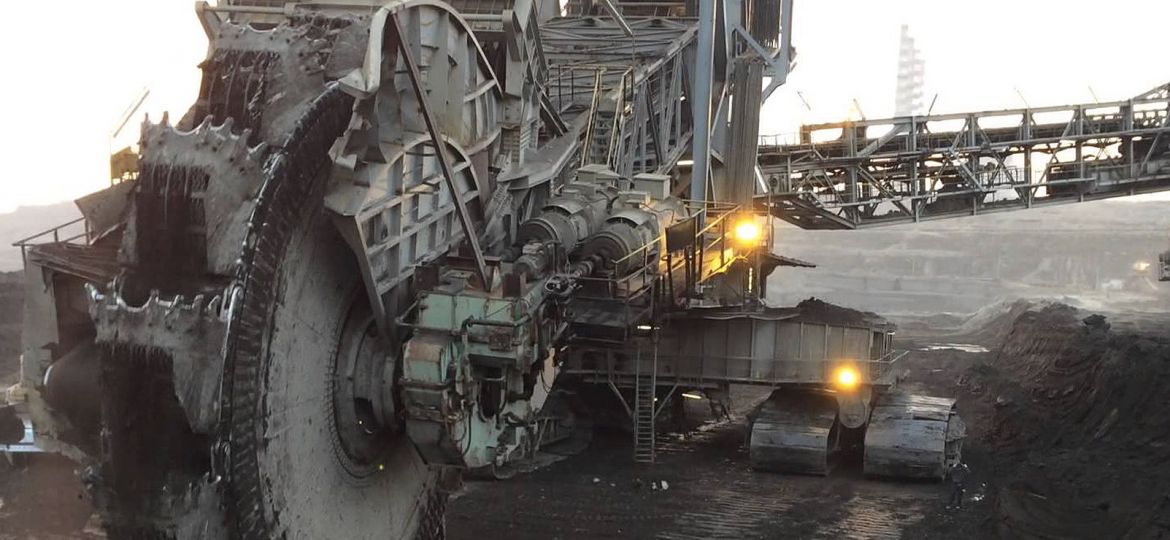
Blockchain is finding a home in the enterprise and now BHP want to use it to improve their supply chain
At this weeks Global Blockchain Summit BHP Billiton, the world’s largest mining firm, revealed that it is going to begin using the Ethereum blockchain and IPFS running on Microsoft Azure to improve the efficiency of it’s global supply chain.
Dubbed “Project Rai Stone” the company is starting off by using the blockchain to record and track the movement of geological samples, which, although they might not necessarily appear so at first, are highly valuable – if for no other reason that some of the wells used to obtain the samples, also known as “wellbore rock”, can cost upwards of $100 million each and you only get one chance to take a sample.
At the moment the company uses, as you might have guessed already, that all too common method of tracking objects and things – Microsoft Excel spreadsheets and E-Mails and according to Tyler Smith, a BHP geophysisist involved in the project not only will the new web app help the company improve the efficiency of its supply chain but it also help BHP work better with all of their third party partners.
“With blockchain, we can share data between third parties and ourselves and have a constant understanding of where [all the objects] are,” said Smith, adding, “everything right now is being tracked through spreadsheets.”
The app, which was co-developed with blockchain startups BlockApps and Consensys, will go live later this year and BHP will eventually require that all its partners to use it to collect and record real time data. While introducing a new technology into an existing operation may seem risky, Smith said he’s confident that the app will provide all of its users with a superior user experience, which in turn it’s hoped will boost adoption.
“The web application is designed for the partners who will see a dashboard and options on what to do that are very streamlined to their particular job or function,” he said and in the longer term he foresees more ways that BHP’s internal entities could use blockchain for more enhanced data sharing, adding that, “we are looking at lots of different use cases.”
In addition to working with Ethereum BHP is also running its own blockchain nodes on the InterPlanetary File System (IPFS), a peer-to-peer file sharing protocol that is increasingly being used in conjunction with blockchain systems and over time the company’s going to replicate its existing processes on the blockchain rather than create new ones as a way to definitively prove the benefits of the technology to the business.
Smith said that the use case they’ve initially selected proves blockchain solutions can draw on decentralized file storage, multi-party data acquisition and immutability, all aspects that he believes will enhance their supply chain.
“The data is more transparent – we can see where the analysis was provided by a third party or ask if we need to do more robust analysis,” Smith said.
The product launch is also a milestone for BlockApps, the blockchain startup who specialise in scaleable enterprise blockchains who built the BHP solution and that recently closed a pre-Series A funding round.
Kieren James-Lubin, founder of BlockApps, sees the collaboration with BHP as one that has significance for the broader blockchain space as it is “not about the money”.
“There are so many financial use cases and this is one of the first instances where we’re using it for a non-financial scenario,” he said, adding that the app also helped BlockApps learn more about the needs of enterprise institutions, helping it advance and iterate on a user experience that would be accessible to those who are less familiar with its inner-workings.
“The requirements that we’ve surfaced have been a tremendous help to us in feeding back into the platform,” he said, concluding, “where the tech needs to go, the direction is increasingly that it is going to come from the enterprise.”
















